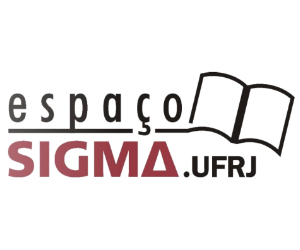Marieta de Moraes Ferreira awarded Michel Marie Le Ven Award from the Associação Brasileira de História Oral
From ABHO
A ABHO tem enorme prazer em comunicar o nome da vencedora do Prêmio Michel Marie Le Ven de Reconhecimento em História Oral, instituído em 2022 e outorgado pela primeira vez.
Professora, pesquisadora, historiadora, escritora, editora e primeira presidente da ABHO, Marieta de Moraes Ferreira é uma referência intelectual e profissional incontornável para todos os praticantes de história oral no Brasil. Enquanto professora da UFRJ e do CPDOC/FGV, Ferreira envidou desde os anos 1990 esforços pessoais e coletivos em favor do amadurecimento dos debates sobre história oral, no âmbito da história do tempo presente, bem como de seu estabelecimento e afirmação institucional como uma área interdisciplinar.
Participou das primeiras discussões que levaram à fundação da ABHO, da qual foi presidente e vice-presidente, além de membro de diferentes comitês ao longo das gestões. Teve papel indispensável na articulação da história oral feita no Brasil com a comunidade internacional, participando de várias conferências nacionais e internacionais, inclusive da conferência de Gotemburgo, em 1996, na qual foi criada a IOHA, da qual foi vice-presidente e presidente.
Não menos impressionante é a produção intelectual consistente e incessante de Ferreira, que inclui artigos e ensaios que contribuíram enormemente para o processo de legitimação do trabalho com fontes orais em diferentes disciplinas, e que persistem amparando teórica e conceitualmente a prática da história oral. Coube a Ferreira, ainda, a co-organização de uma das publicações mais influentes no país, o volume Usos e abusos da história oral, apenas um dos diversos livros por ela assinados.
A atual gestão da ABHO tem o prazer de contar com a participação de Ferreira no comitê editorial da revista História Oral e no grupo de trabalho Memória da ABHO, o que atesta seu compromisso duradouro com a área e com a associação.
Por essas razões, temos o enorme prazer de convidar a professora Marieta de Moraes Ferreira a receber o Prêmio durante o “XVI Encontro Nacional de História Oral: Pandemia e Futuros Possíveis”, que acontecerá de 25 a 28 de julho de 2022.






















